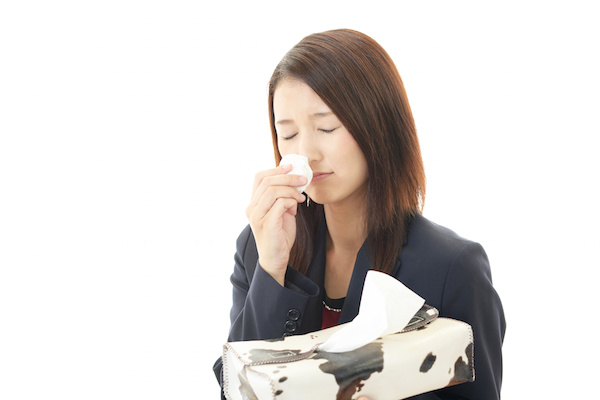
FRIDAY, Jan. 8 (HealthDay News) — Caffeine in coffee reduces the severity of liver fibrosis in patients with chronic hepatitis C virus, a new study has found.
Liver fibrosis (scarring of the liver) is the second stage of liver disease during which liver function declines because of accumulated connective tissue.
The new U.S. National Institutes of Health study included 177 patients, mean age 51, whose daily consumption of caffeine from food and beverages was tracked for two years.
Patients who consumed more than 308 milligrams of caffeine from coffee per day had milder liver fibrosis than other patients. The daily amount of caffeine intake found to be beneficial is equivalent to 2.25 cups of regular coffee. For each 67-milligram increase in caffeine consumption (about one half cup of coffee), there was a 14 percent decrease in the odds of advanced fibrosis for patients with hepatitis C virus.
Other sources of caffeine — such as soft drinks, tea, caffeine-fortified drinks and caffeine pills — didn’t have the same helpful effect, according to the study published in the January issue of the journal Hepatology.
The researchers said further research is needed to determine whether the protective effects of coffee/caffeine increase at levels beyond normal daily intake.
More information
The U.S. Centers for Disease Control and Prevention has more about hepatitis C.

